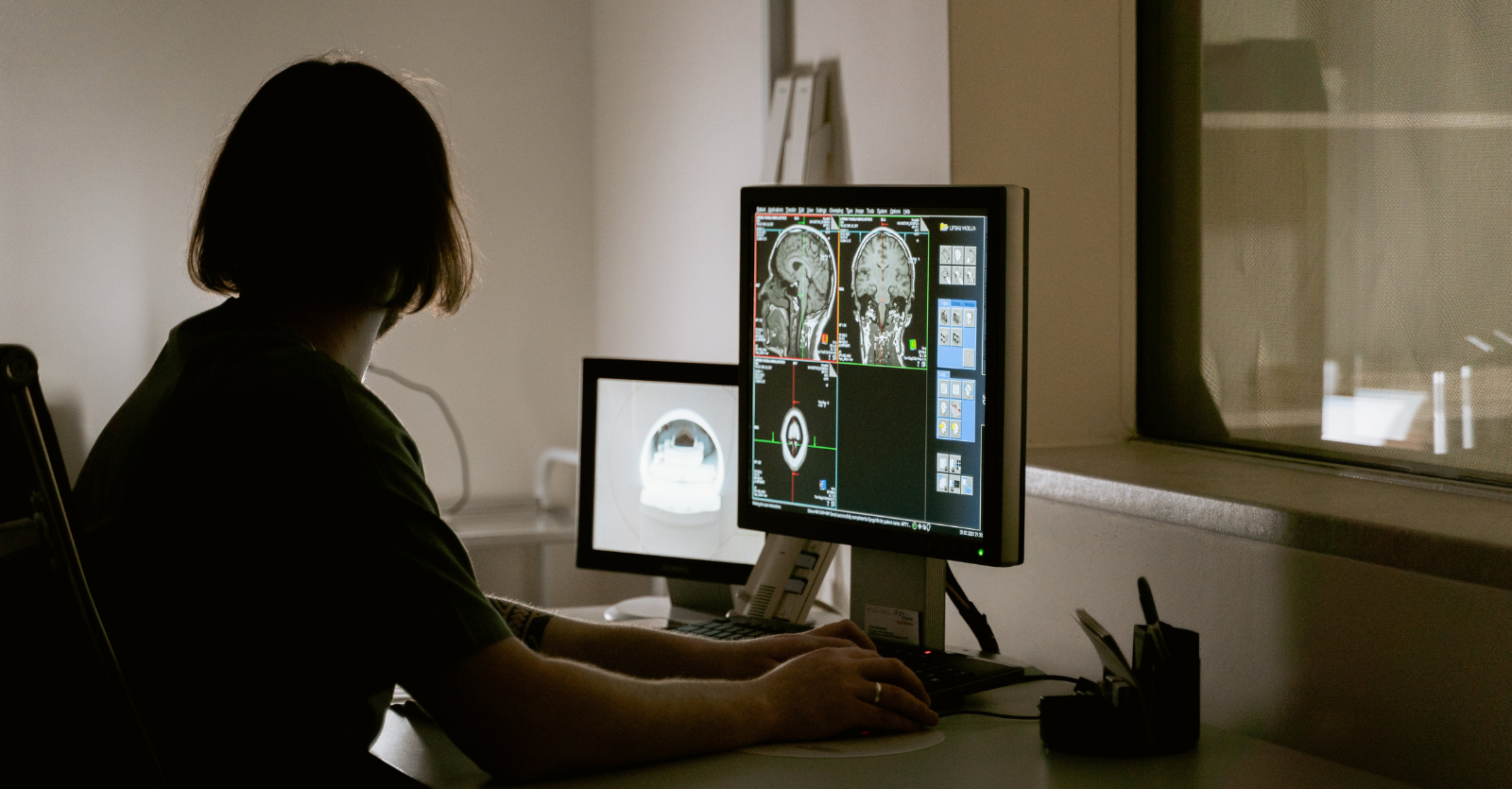October 26, 2023
Uses of generative AI in the Life Sciences Industry: Part I

By Ehab Naim
Artificial intelligence (AI) and its subsets, like generative AI, have played significant roles in advancing the life sciences industry. Generative AI has enabled researchers and scientists to achieve novel insights that either were not previously possible or would require a tremendous effort in terms of time and financial investment to execute. The potential of this technology in the life sciences industry is virtually limitless. In this article, we will explore four uses of generative AI in the life sciences industry. Toward the end of the article, we will understand how Narrativa’s generative AI and related technologies could accelerate the potential of pharmaceutical and biotechnology companies. Four uses of generative AI in the Life Sciences Industry.
1- Drug discovery and development
Generative AI has been making significant advances in the field of drug discovery and development. Traditionally, this area has been proven to be time-consuming, labor-intensive, and costly. This is because researchers spend a significant amount of time and resources to identify potential candidates and molecules for treatments in a heavy trial and error process. With the use of generative AI, datasets containing potential therapies are be scanned with ease and in a fraction of the amount of time to predict efficacy and safety.
An example of an AI-drug discovery platform is BenevolentAI. This company’s technologies help scan large datasets to identify potential molecules with therapeutic effects. The platform’s generative AI and related technologies support researchers in their various quests, ranging from identifying a potential target that has not been previously considered to addressing a disease without treatment to helping them in the clinical development process. The overall outcomes include an increased probability of finding a suitable candidate, an accelerated drug development process, and reduced costs.
2- Personalized Medicine
Personalized medicine is an approach that involves tailoring a treatment to an individual’s specific needs based on their genetic makeup. By analyzing patients’ genetic information from various datasets, generative AI identifies the most effective therapeutic approach for a particular person. This means that doctors choose medicines that are more effective, have fewer undesirable side effects, or determine the exact effective dose based on the individual’s genetic profile. In turn, patients could have better health outcomes, which would translate into significant cost savings in terms of treatment dose, duration, or handling of adverse effects.
One company, Illumina, has recently unveiled its AI-driven software that helps predict disease-causing genetic alterations in patients. The company employs a number of technologies, including generative AI, to help guide the process of identifying the mutations responsible for diseases. This is significant because, as mentioned earlier, it means that treatments could be tailored to patients, among numerous other applications.
3- Medical Imaging
Generative AI not only involves creating text, but also images. In this area, generative AI is used to produce images that mimic real-world diseases to help physicians diagnose and treat conditions more effectively. This technology can have multiple applications, one of which is the training of doctors on various types of diseases and circumstances that surround them. In other words, it could help doctors become better at identifying how factors could influence the produced medical image, thus extending this experience to real-world cases. Other applications of this technology include assisted diagnosis, where AI-driven tools help doctors and specialists improve diagnosis and treatment outcomes.
Siemens and many other companies have developed various versions of AI-driven image recognition and processing tools that help radiologists identify a disease, determine a therapeutic dose, and many other applications that eventually lead to better therapeutic outcomes for the patient across many levels, which could potentially translate into better quality of life.
4- Regulatory submissions automation
Regulatory submissions are documents that are submitted to health authorities like the Food and Drug Administration (FDA), the European Medicines Agency (EMA), and other regulatory bodies. Documents, like clinical study reports (CSRs), could be hundreds or thousands of pages long and contain copious amounts of information like patient safety narratives and much more! These documents require medical writers to invest a substantial amount of time to produce them. This excludes the time statistical programmers and other professionals need to have the datasets ready for medical writers to use. All this means that medical writers need to invest tens or several hundreds of hours, depending on the study size and other factors, to generate these outcomes. This is an area where generative AI demonstrates significant value.
Narrativa, a leading company in the field of generative AI and related technologies, is among the pioneers in perfecting working regulatory submission solutions. The company has had a successful track of partnerships with key leaders in the life sciences industry, among other areas. Narrativa’s solution helps not only produce clinical documents, like patient narratives, with just a few clicks, but also identify errors and inconsistencies in databases that the human eye could easily miss. In addition, the company produces Tables, Listings, and Figures (TLFs), allowing an even faster generation of clinical documents.
Narrativa does not stop there; it has a growing body of solutions offered to the life sciences industry to help them bring their medications to the market sooner without compromising proper safety and efficacy information reporting.
Narrativa has a diverse and growing set of solutions that serve various industries, like Life Sciences, Financial Services, Marketing, Entertainment, and more! Our solutions have been tested, trusted, and used by many industry leaders, like the Wall Street Journal, Microsoft, the Leukemia and Lymphoma Society, and many other leaders in various industries.
Our business partners always approach us to develop solutions that solve the challenges they face to improve the efficiency and productivity of their teams while minimizing associated time waste and costs. If you have an idea or a challenge in mind, let’s discuss it to help you overcome it!
Uses of generative AI in the Life Sciences: Part II
About us
Narrativa is an intern ationally recognized generative AI content company that believes people and artificial intelligence are better together. Through its proprietary content automation platform, teams of all types and sizes are empowered to build and deploy smart composition, business intelligence reporting, and process optimization content solutions for internal and external audiences alike.
Its tech stack, consisting of data extraction, data analysis, natural language processing (NLP), and natural language generation (NLG) tools, all seamlessly work together to produce content quickly and at scale. In this way, Narrativa supports the growth of businesses across a variety of industries, while also saving them both time and money. Accelerate the potential with Narrativa.
Contact us to learn more about our solutions!
Share






